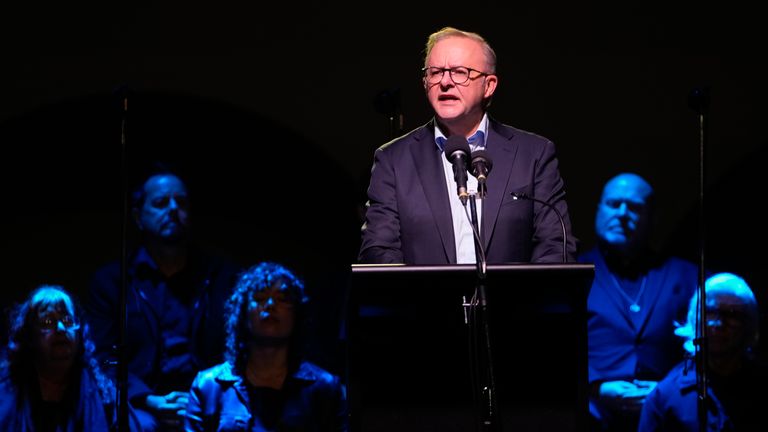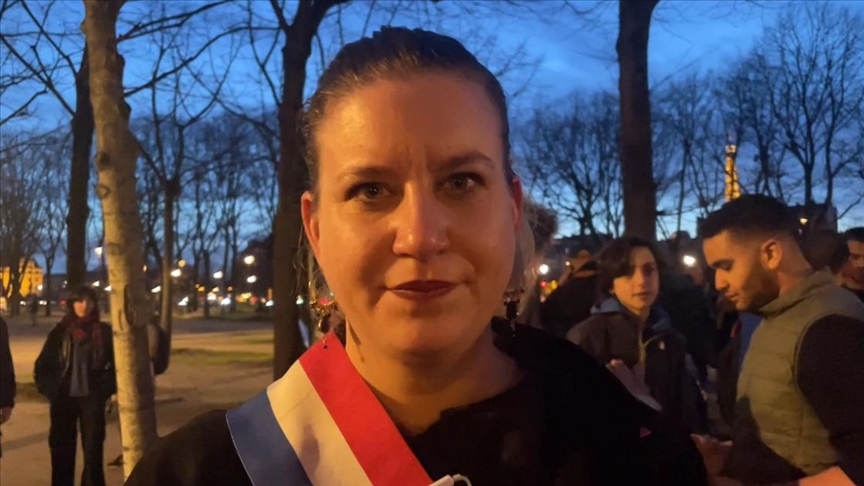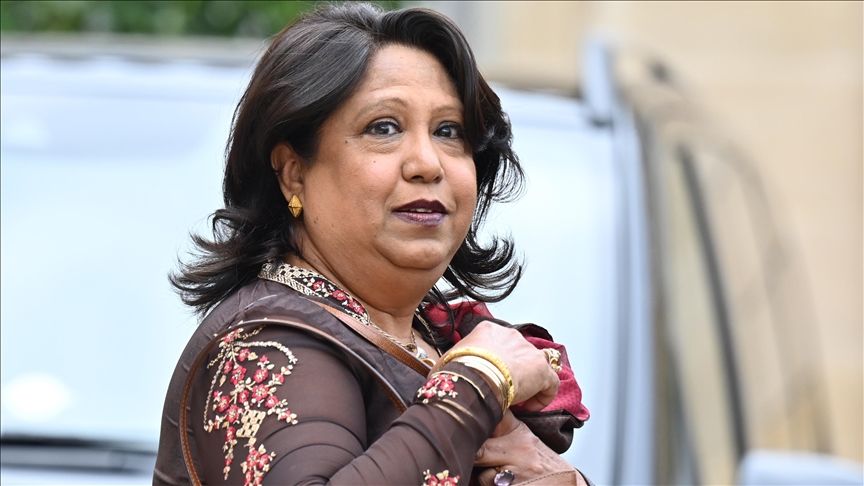By Jeremy Konyndyk |

Statement from Refugees International President Jeremy Konyndyk:
“Refugees International is gravely concerned about the high likelihood of a new wave of mass atrocities in Darfur. Multiple signals of imminent attacks by the Rapid Support Forces on the city of El Fasher – home to 800,000 civilians – are gravely alarming and demand urgent action. Across Darfur, some 9 million Sudanese need immediate humanitarian assistance. A battle for El Fasher would trigger further violence across the region and throw the population into a deeper crisis.
There are numerous indications that a new wave of mass atrocities could be imminent. Tensions have been rising in and around El Fasher amid advances by the Sudanese Armed Forces (SAF) in other parts of Sudan, and desires by the opposing RSF to capture the last Darfur city outside its control. Formerly neutral local armed groups have sided with the SAF in the face of the RSF threat to the city. The RSF–- the paramilitary force composed of former Janjaweed fighters responsible for the genocide in Darfur two decades ago – and its allied militias have staged their troops around El Fasher and have burned multiple surrounding villages in recent weeks.
Over the past year, the RSF has carried out extensive ethnically targeted violence elsewhere in Darfur, and previous RSF attacks on major towns in Darfur have resulted in widespread atrocity crimes. Refugees International reported on some of these massacres in a recent report titled “Bearing Witness: Atrocities and Looming Hunger in Darfur.” U.S. Secretary of State Antony Blinken made an official atrocity determination on Sudan in December 2023, finding that the RSF and allied militias have committed crimes against humanity and ethnic cleansing.
The United States and other UN Security Council members must take urgent action to deter the belligerents. In early March 2024, the UN Security Council passed a resolution calling for an immediate cessation of hostilities. The recent Paris conference on Sudan in a Declaration of Principles called for “all foreign actors to cease providing armed support or material to the warring parties.”
The Declaration was signed by several key actors, including the UAE. Yet the UAE remains the principal supplier of arms and diplomatic support to the RSF, in direct violation of the existing UN Security Council Sudan arms embargo. If the RSF commits a mass atrocity event in El Fasher, they will do so using arms supplied illegally by the UAE and with the benefit of extensive UAE diplomatic promotion. As a nation that seeks to act as a humanitarian leader, the UAE must stop arming those responsible for atrocities, and intervene urgently with RSF leadership to prevent an imminent atrocity. More than any other country, the UAE has both the capacity and the obligation to restrain the RSF and prevent this catastrophe.
It is also imperative that the Sudanese Armed Forces halt their law-of-war violations. The SAF has used aerial bombardment, including on civilian areas. The SAF’s international supporters must also urge restraint and halt the flow of weapons: both Egypt and Iran have supported the SAF financially and reportedly with attack drones, which have been used on civilian targets.
As another bout of mass atrocities appears on the verge of unfolding in Darfur, the United States and other UN Security Council members must act urgently. Refugees International calls for an emergency Security Council session and clear denouncement of the UAE and other actors continuing to enable atrocities across Sudan, including once again, in Darfur.”
For more information or to schedule an interview, please contact Etant Dupain at edupain@refugeesinternational.org.












